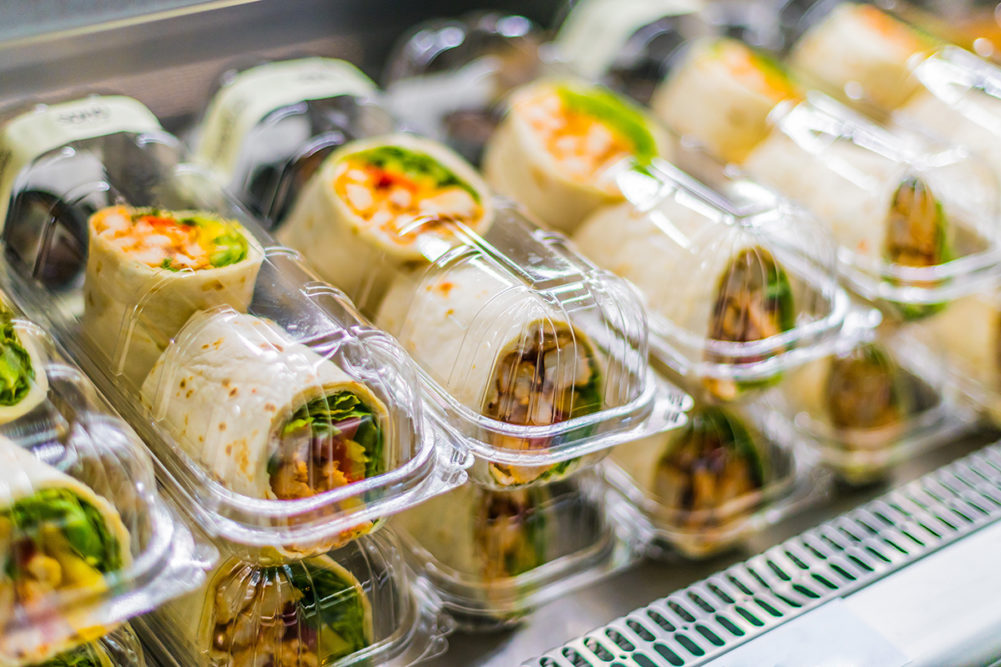The Food and Drug Administration announced on Friday that over 400 food products, including ready-to-eat sandwiches, salads, yogurts, and wraps, have been recalled due to potential listeria contamination.
The recall involves products from Fresh Ideation Food Group, based in Baltimore.
These products, sold between January 24 and January 30, were distributed in Connecticut, Maryland, Massachusetts, New Jersey, New York, North Carolina, Pennsylvania, South Carolina, Virginia, and Washington, D.C. As of the announcement, no illnesses had been reported.
“The recall was initiated after the company’s environmental samples tested positive for Listeria monocytogenes,” the FDA’s announcement stated.
The affected products are sold under various brand names but all display “Fresh Creative Cuisine” on the bottom of the label. They also have a “fresh through” or “sell through” date ranging from January 31 to February 6.
Eating food contaminated with listeria can lead to severe infection with symptoms such as fever, headache, stiffness, nausea, diarrhea, and in pregnant individuals, miscarriage and stillbirth.

Symptoms typically appear one to four weeks after consuming contaminated food, but can manifest sooner or later.
Pregnant women, newborns, adults over 65, and individuals with weakened immune systems are particularly at risk of serious illness from listeria, the CDC advises.
Ready-to-eat foods like deli meats and cheeses are especially vulnerable to listeria and other bacteria.
These risks are heightened if the food is not maintained at the correct temperature during distribution and storage, is mishandled, or was not cooked to the proper temperature initially. Bacteria can multiply, even while refrigerated.
The added risk with ready-to-eat foods is that they do not undergo a “kill step,” such as cooking, which would eliminate harmful bacteria, explains Darin Detwiler, a professor of food policy at Northeastern University.
Detwiler also noted that social media has significantly increased consumer awareness about food safety, referencing recent high-profile food safety concerns involving products recommended and subsequently cautioned against by influencers.
“Consumer demand is driving companies to make changes and encouraging policymakers to support new policies to enhance food safety,” Detwiler added.







Leave a Reply